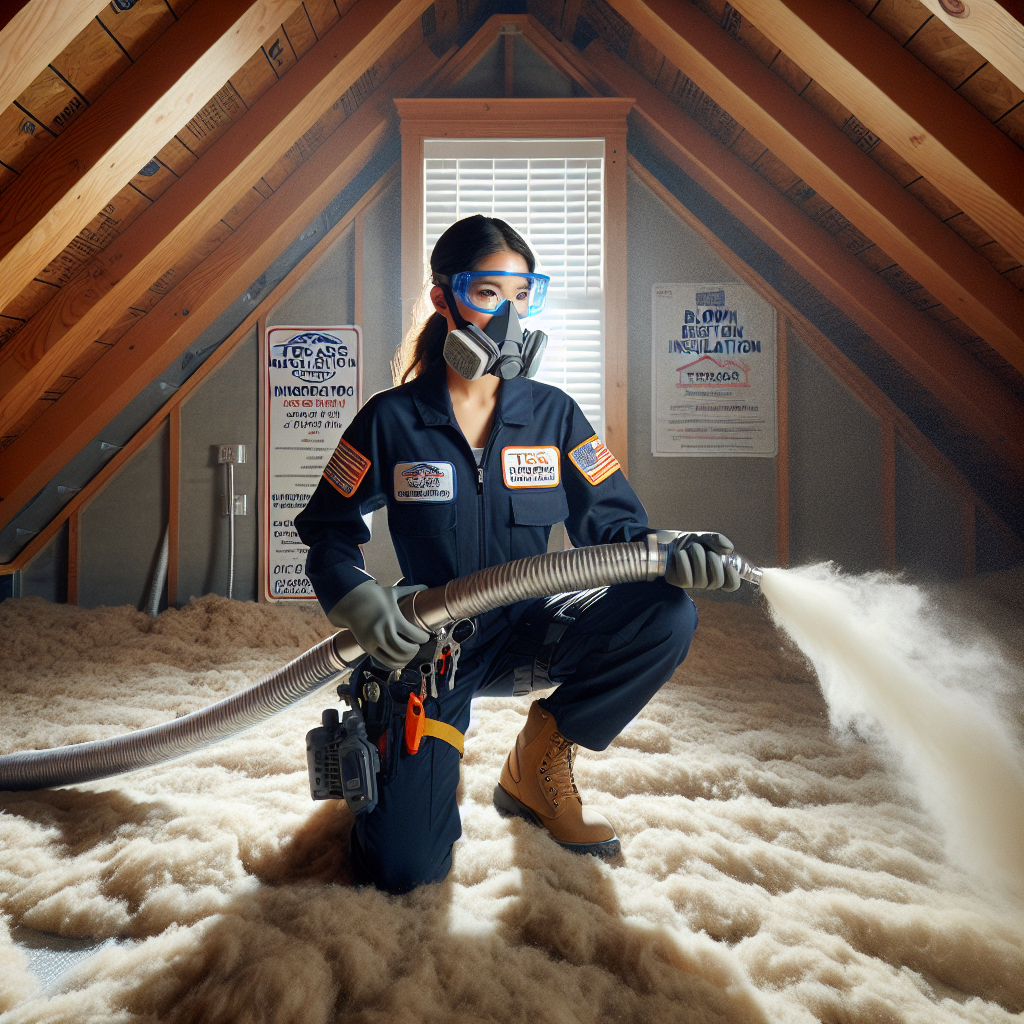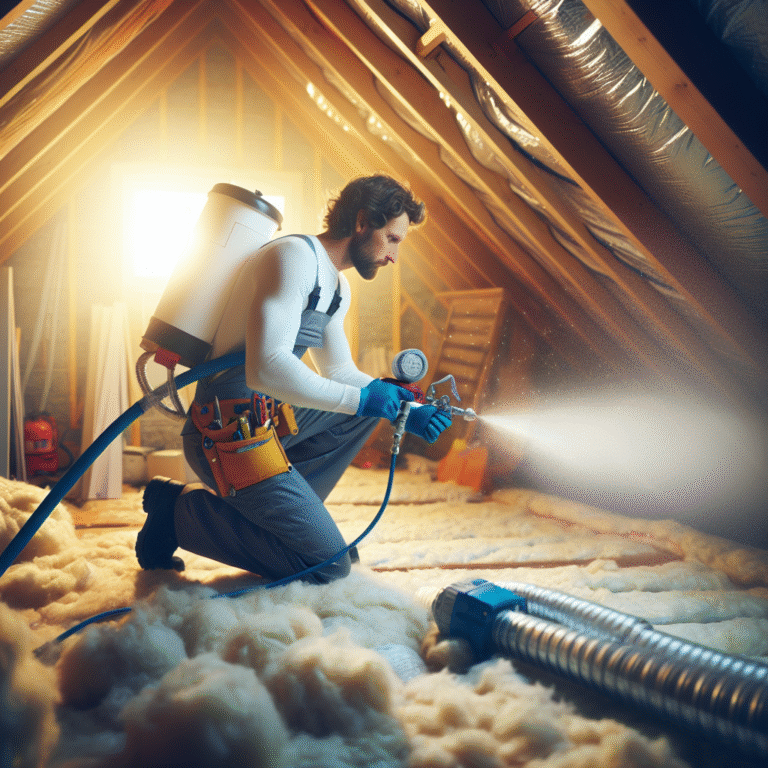-
Table of Contents
For the average price for blown insulation, visit texasinsulationsolution.com for a quote today!
The Average Price For Blown Insulation

When it comes to insulating your home, blown insulation is a popular choice due to its cost-effectiveness and efficiency. Understanding the average price for blown insulation can help you make informed decisions about improving your home’s energy efficiency and comfort.
Why Average Price For Blown Insulation Matters
According to the U.S. Department of Energy, heating and cooling account for about 48% of the energy use in a typical U.S. home, making proper insulation crucial for energy efficiency. Blown insulation can help reduce energy costs by creating a barrier that prevents heat transfer, keeping your home cooler in the summer and warmer in the winter.
Additionally, proper insulation can improve indoor air quality by reducing the infiltration of outdoor pollutants and allergens. It can also help maintain a consistent temperature throughout your home, increasing comfort levels for you and your family.
Key Benefits of Blown Insulation:
- Cost-effective insulation solution
- energy savings and reduced utility bills
- Improved indoor air quality
- Enhanced comfort and temperature regulation
Why Choose Texas Insulation Solutions
When it comes to insulating your home in Houston, Texas Insulation Solutions is the trusted choice. Here are some reasons why you should choose us for your insulation needs:
- Houston-based operation with local expertise
- Significant energy savings and improved comfort
- Clean, fast, and professional installation services
- Multiple insulation types tailored to meet local climate needs
Related Services
- Blown-In Insulation
- Spray Foam Insulation
- Radiant Barrier Installation
- Insulation Removal & Replacement
- Garage Insulation
- Rodent-Proofing and Sealing
FAQ
- How much does attic insulation cost in Houston?
- Do I need insulation replacement or just an upgrade?
- Is blown-in insulation good for Houston‘s climate?
- How long does attic insulation take to install?
- What areas around Houston do you serve?
Get in Touch with Texas Insulation Solutions
📍 Address: 9707 Braewick Dr, Houston, TX 77096
📞 Call: (832) 396-1116
📧 Email: service@texasinsulationsolution.com
🌐 Website: https://texasinsulationsolution.com
🔗 Facebook: Facebook Profile
🔗 Instagram: @texas_insulation_solutions
🔗 Yelp: Texas Insulation on Yelp
🔗 Nextdoor: Find us on Nextdoor
🎥 YouTube: Watch Our Work
🛠️ Request Service: Click here to schedule your free inspection




